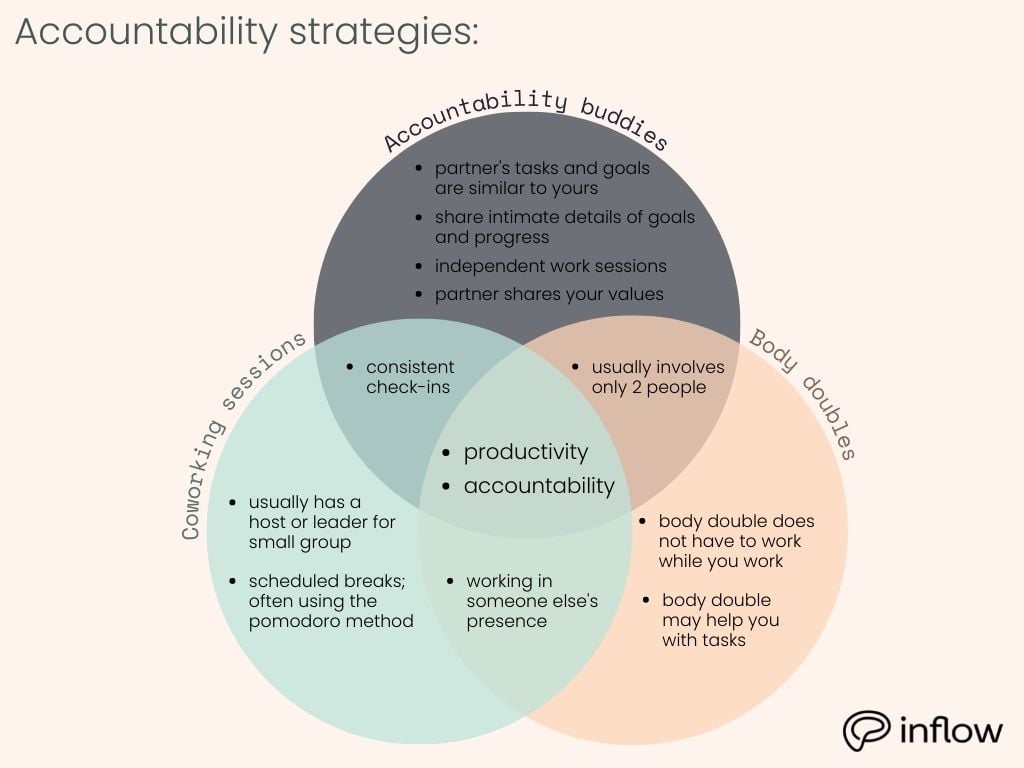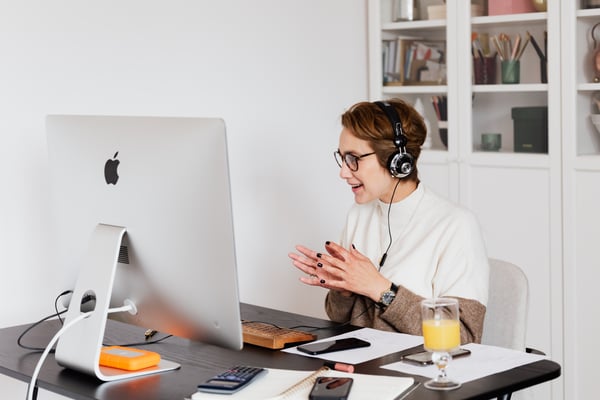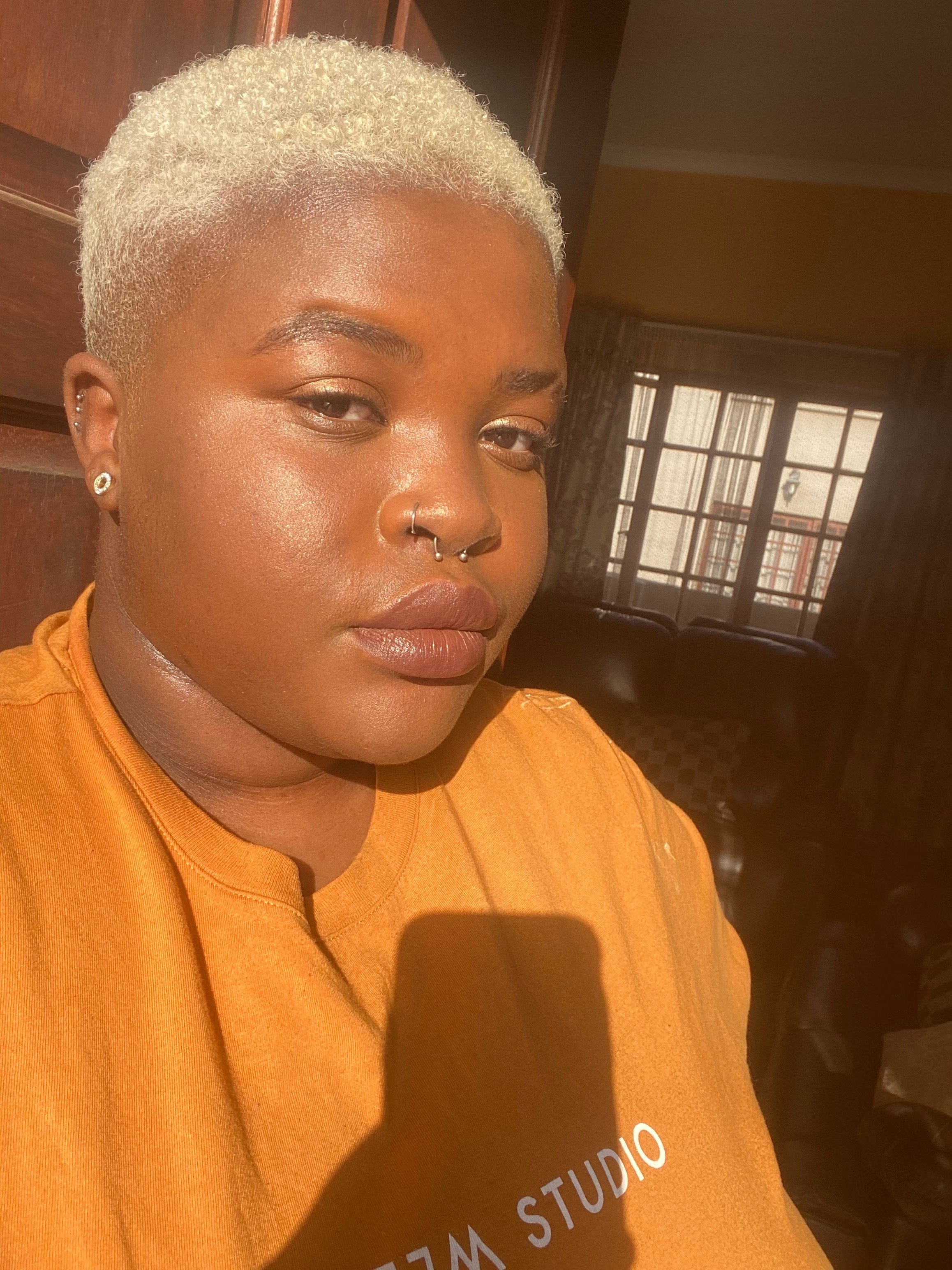Productivity looks different for everybody. What does it mean to you?
Being productive could look like cleaning, taking care of pets or kids, tackling emails, or wrangling work projects. Ultimately, productivity is when we're doing what we need to do to bring meaning and satisfaction to our lives.
But—staying productive is easier said than done, especially for people with ADHD. Let’s review why people in the neurodiverse community are more likely to struggle with motivation and productivity, and then explore ways to hold ourselves accountable.
Why do ADHDers need accountability?

Executive dysfunction complicates everything
Adults with ADHD often have insufficient executive functioning skills, a set of cognitive skills regulated by dopamine. Dopamine is a neurotransmitter active in the region of the brain responsible for pleasure and reward. People with ADHD often have lower dopamine levels, which impairs executive functioning, which impacts our ability to self-regulate.
The unfortunate reality? Struggling with self-regulation impacts our ability to initiate tasks and reach our goals.
Novelty isn’t always an option
On a personal note, I’ve recognized that I eagerly accept new projects just for that dopamine rush. New projects are exciting and full of promise! But then I spend hours or days stalling on beginning the project, either by extensively planning how to execute it or by avoiding it entirely.
The cycle of hyperfocus and burnout
Also—sometimes, I can only act when the deadline is right around the corner. I'd launch into an intense state of hyperfocus and hyperfixation until I finished the project. And, sure—I usually complete my work, but I always walk away feeling burnt out, and I always tell myself that next time will be different.
(Spoiler alert: the next time is never different.)
If this cycle feels familiar, you might consider recruiting an accountability buddy.
ADHD accountability buddies
What are accountability buddies used for?
Accountability buddies (accountability partners, groups, coaches) are people you partner with to tackle tasks, projects, or goals.
They may be a trusted friend, a family member, or even a coworker. Ideally, you are both working towards similar goals with similar deadlines and task difficulty. Typically, recurring check-ins or working sessions are scheduled—usually with allotted times for short breaks—to account for your progress on your project or task.
💡 Pro tip! “check-ins” don’t necessarily involve synchronous working like “co-working sessions” do
Who should I choose as my accountability buddy?
When you’re trying to decide who would make a good fit as your accountability buddy, find someone who shares your values.
Some of the important values that should be considered in this situation revolve around the following ideas:
- Work-life balance
- Professional growth and development
- Self-care: nutrition, sleep, exercise, and rest days
- Making time for family and friends
- Spiritual foundation
Complete alignment and agreement are not requirements for an effective accountability buddy relationship. However, the more values you share, the more effective the relationship could be. What is most important is deciding how you can mutually benefit and help each other.
Why accountability works
Motivation from the Hawthorne effect
External sources of accountability are more likely to motivate us to act. For example, people modify their behavior when they feel they are being watched. You've probably experience this yourself!
This is known as the Hawthorne effect. If you've ever felt more productive in public spaces like coffee shops or libraries, it may be because you were subconsciously shifting your behavior to appear and act more productive and on-task.
Intentional body doubling
This phenomenon is where accountability buddies and body doubling overlap.
Body doubling is when someone is in the same physical space as the person working on tasks—the body double doesn’t necessarily need to be working; they just need to be present so the other person feels more pressure to work on their difficult tasks.
Therefore, you could consider a scheduled working session with an accountability buddy intentional body doubling.
Accountability buddies 101
How to run your sessions
Once you’ve found a buddy, it's time to discuss how you will work together and set parameters for your new partnership. The exact way you decide to work with your buddy is up to you, but we’ve left a few suggestions to help you get started:
1. Start meetings with brief updates
- Share any successes you’ve had since your last check-in, big and small
- Decide on how much time each person will have to share and use a timer to keep track
- Don’t interrupt!
2. Once someone shares, ask and discuss!
- Ask questions about each other’s progress
- Discuss issues that were encountered
- Brainstorm possible solutions
3. Set a new goal for the next check-in
- Set aside time at the end of each check-in to help each other come up with your next goal(s)
- Share your goals before signing off
- Try to keep a note of what each other’s goal are in case you want to do random pop-ins until you see each other next
4. If you ever need to cancel…
- Let them know ASAP
- In the beginning of your accountability relationship, try establishing rules for rescheduling, such as “reschedule check-ins within 5 days of the canceled session,” or whatever works best for you.
Accountability buddy etiquette
Your accountability partnership can exist outside dedicated meetings.
Discuss whether you can text each other with encouraging messages or quick advice. It's also helpful to determine the times and days when communication is allowed, and when it's off-limits. While your accountability partner can't be available 24/7, knowing you have scheduled check-ins may spur you to action.
How to find your partner and start being accountable
If it’s a requirement to be in the same town or time zone, then ask a friend, roommate, or coworker.
If you need more flexibility or don’t have a preference, search for productivity forums or virtually-attend a co-working session on the Inflow app.
Inflow also offers accountability coaching, matching new members with an accountability coach experienced in working with ADHD brains. It’s their literal job to hold you accountable!
Ultimately, it comes down to finding someone you’re comfortable with.
Final thoughts
There are many productivity tools and apps, but being accountable to another person is an excellent source of motivation. But like with any relationship, it's important to have boundaries and a few expectations before going into it.
Remember, if you give this concept a try and it doesn't work for you, that's okay! As fellow ADHD freelance writer, Divine Anas, shared in her article about the 2-minute rule:
Your ADHD struggles are unique, so try to be gentle with yourself when exploring new tools or building habits.








